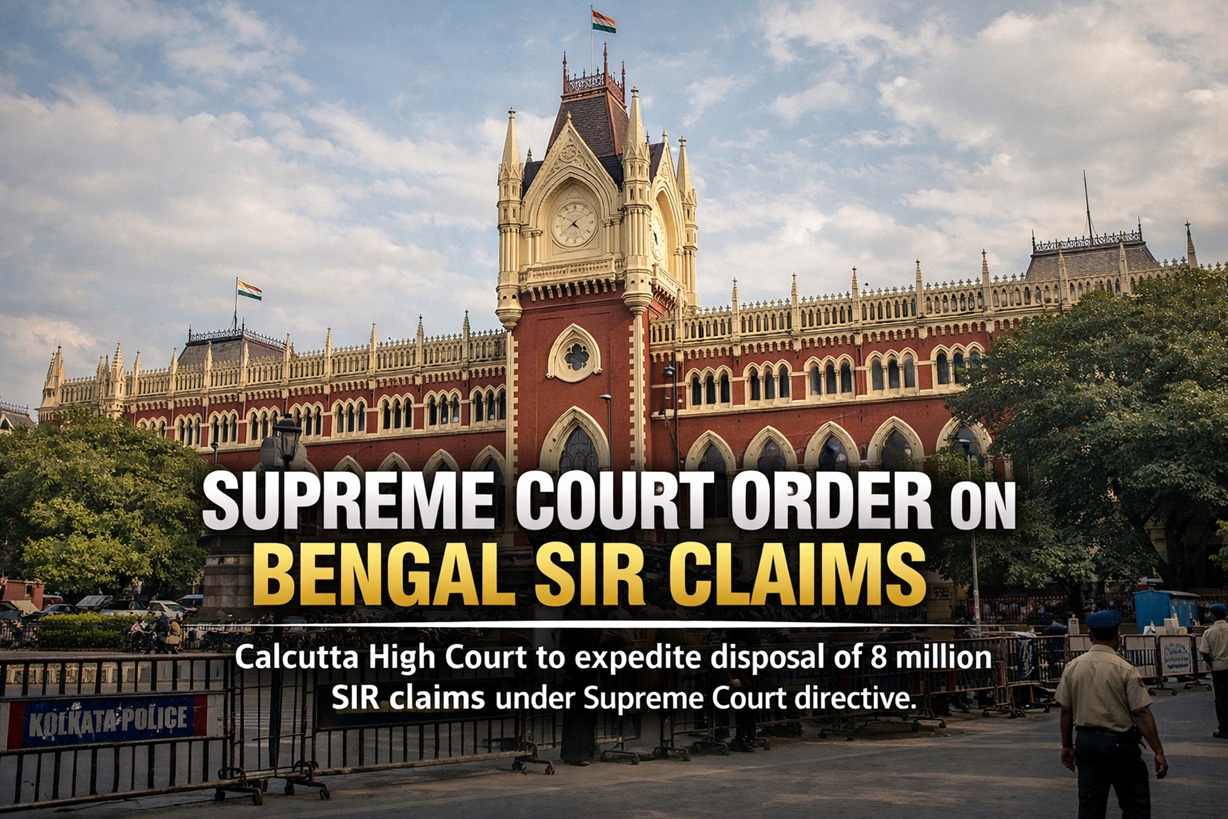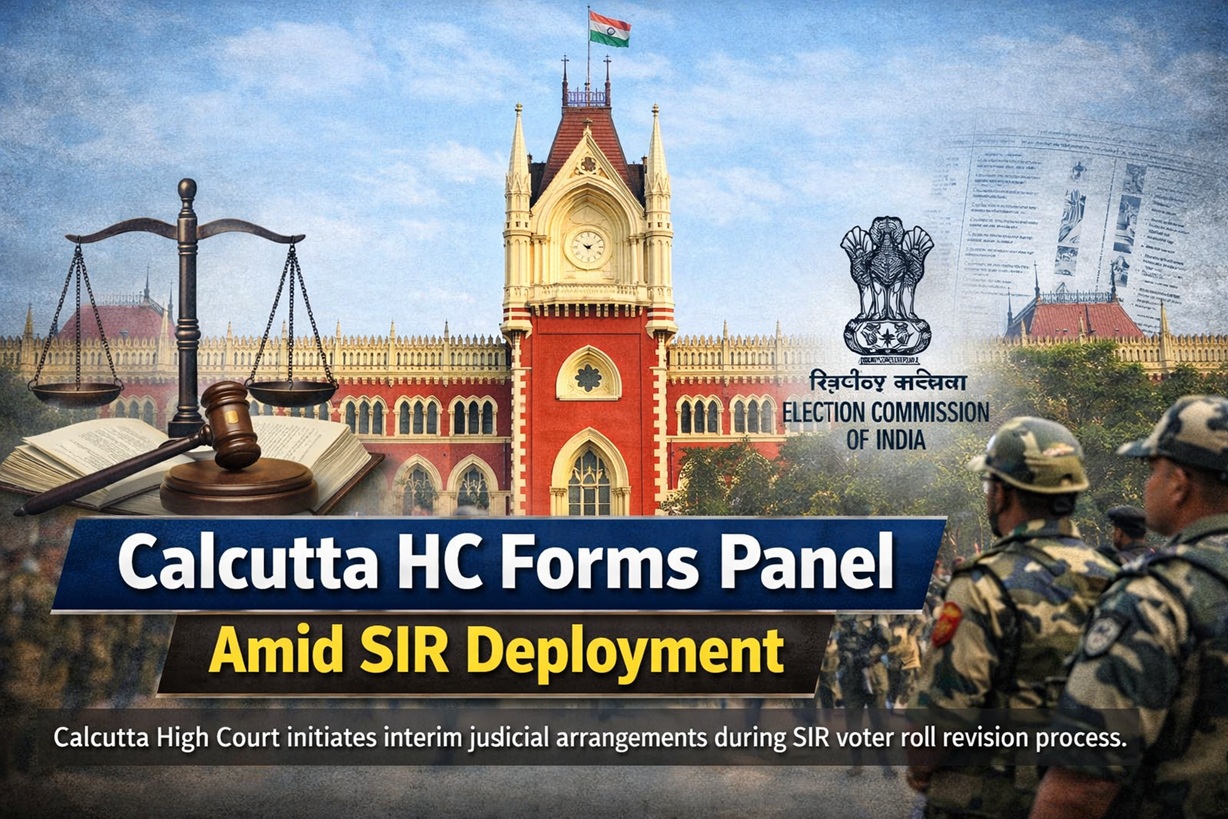New Delhi, May 19, 2025
The Supreme Court of India today firmly stated that the nation cannot be considered a “dharamshala” or a free shelter for refugees from across the globe, while dismissing a plea filed by a Sri Lankan national seeking refuge and challenging his impending deportation.
A bench of Justices Dipankar Datta and K Vinod Chandran made the significant observation during the hearing of a petition filed by a Sri Lankan citizen who had served a prison sentence in India. The petitioner argued that his life was under threat in his home country and that his family had already established roots in India.
The court, however, was unconvinced by his pleas for continued stay. Justice Datta explicitly questioned the petitioner’s right to settle in India, emphasizing the immense population burden already faced by the country. “India is not a dharamshala that can accommodate refugees from all over the world. We are a country of 140 crore people,” Justice Datta stated, underscoring the limitations on India’s capacity to absorb refugees indefinitely.
The bench further clarified a crucial aspect of the Indian Constitution, pointing out that the fundamental right to settle in any part of India, guaranteed under Article 19, is exclusively available to citizens of India. This constitutional provision, the court implied, cannot be extended to foreign nationals seeking refuge.
The Sri Lankan national’s legal troubles stemmed from a conviction under the stringent Unlawful Activities (Prevention) Act (UAPA), for which he had served his stipulated prison term. Following his sentence completion, the Madras High Court had ordered his deportation back to Sri Lanka.
Seeking to prevent this deportation, the petitioner’s lawyer argued before the Supreme Court that his client had already endured nearly three years of detention beyond his sentence without any concrete steps being taken for his deportation. Despite this argument of prolonged detention, the Supreme Court remained resolute in its decision to dismiss the plea.
In its concluding remarks, the bench suggested an alternative for the petitioner, stating that if his life was indeed at risk in Sri Lanka as claimed, he could explore the possibility of seeking refuge in another country willing to provide shelter.
This judgment underscores India’s consistent stance on refugee status, emphasizing that while the country has historically provided shelter to those fleeing persecution, it does not have a formal legal framework for refugees and treats them under existing laws applicable to foreigners. The Supreme Court’s direct articulation of India not being a “dharamshala” signals a firm position on the limitations of the country’s capacity to take in refugees and reinforces the primacy of citizenship when it comes to fundamental rights of settlement within the nation. The case serves as a reminder of the complex legal and humanitarian issues surrounding refugees and the challenges nations face in balancing their sovereign rights with international humanitarian concerns.
#IndiaIsNotADharamshala, #SupremeCourtOfIndia, #RefugeePleaRejected, #SriLankanRefugee, #RefugeesInIndia, #IndianJudiciary #IndiaNews





